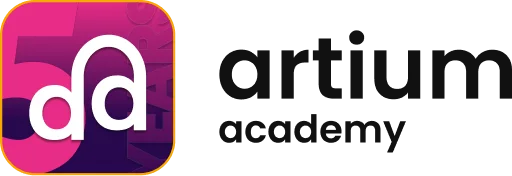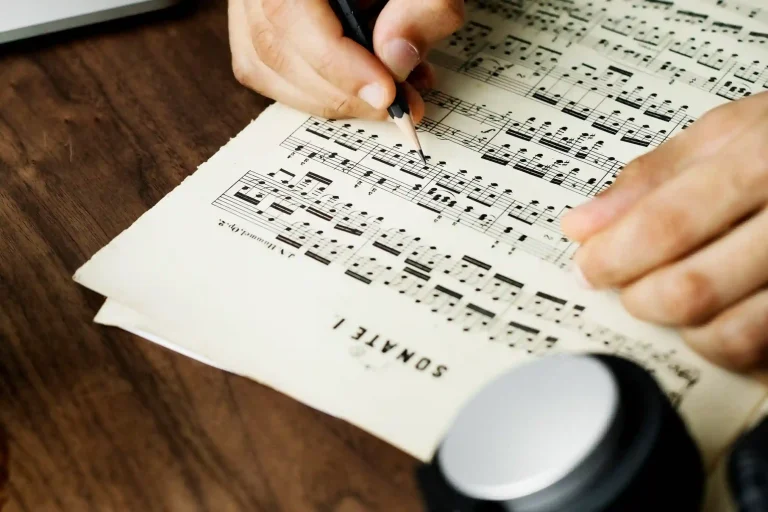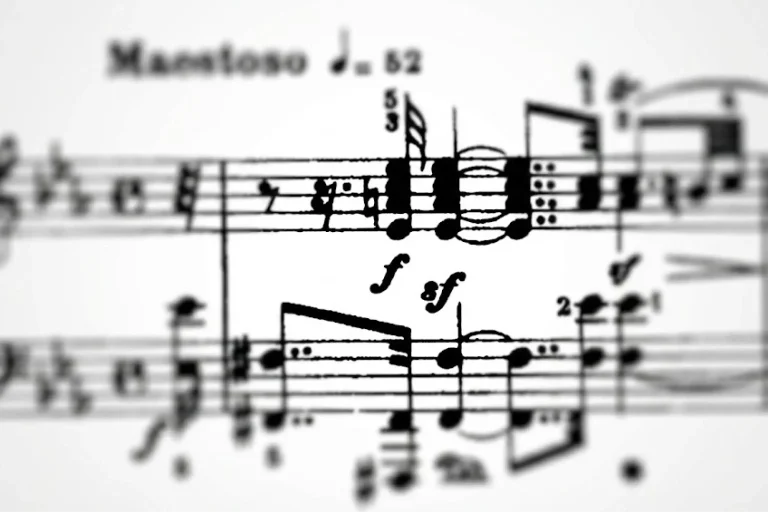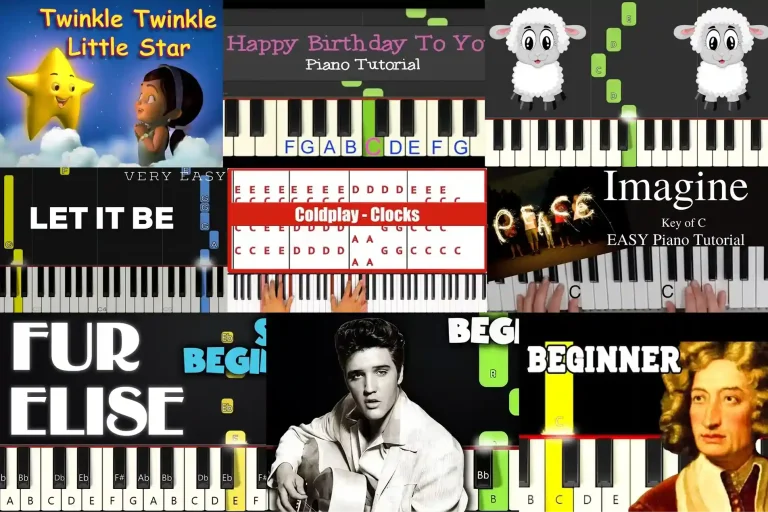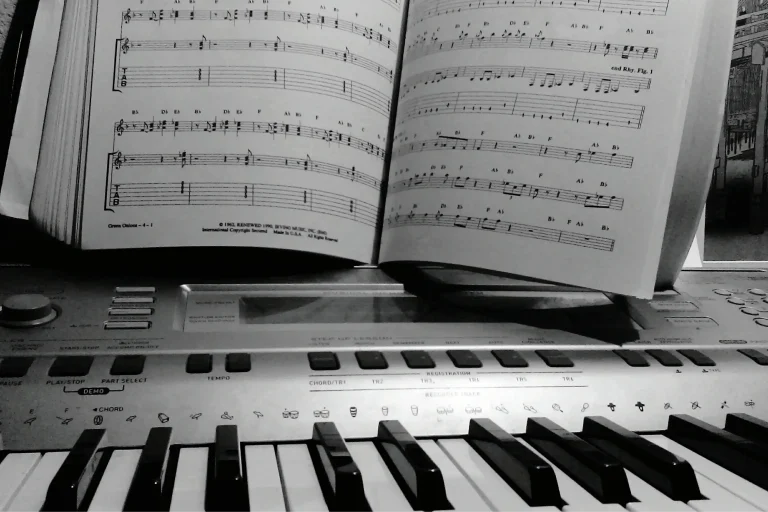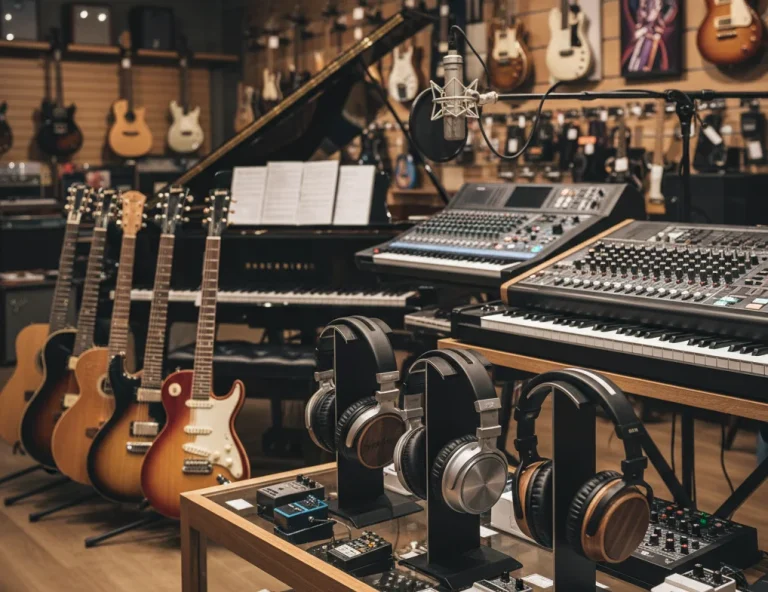All Topics
- Alchemizing Music Concepts for Students
- Artist Spotlight
- artium gift card
- Artium Maestros
- Artium News
- buying guide
- Carnatic Music
- Devotional Music
- Editorials by Ananth Vaidyanathan
- Film Music
- Guitar
- Hindustani Classical Music
- Indian Classical Music
- Indian Folk Music
- Insights
- Instruments
- Karaoke Singing
- Keyboard
- Kids Music
- maestros
- Music Education
- Music for Kids
- Music Industry
- Music Instruments
- Music Legends
- Music Theory
- Music Therapy
- Piano
- piano guide
- Success Stories
- Tamil Film Music
- Telugu Film Music
- Time Theory
- Tools
- Uncategorized
- Vocal Singing
- Vocals
- western classical music
- western music
- Western vocal music
Piano Music Notes for Beginners
Piano Music Notes for Beginners

Table of Contents
The ability to play the piano is a treasure for someone. Music has its own language that transcends all kinds of culture and religion. Reading musical notation is a kind of reading ability. It is also the foundation for playing piano, which you can quickly learn to play in many genres.
Below, we will discuss how to read sheet music, basic hand placements, finger position, and some simple songs you can start with.
Understanding the Basics of Piano Notes:
It is imperative to know and understand the basic structure of the piano before you learn to play it. Every piano has white and black keys that count up to 88 keys.
The white keys represent seven natural notes (C, D, E, F, G, A, B), while the black keys represent sharp (#) and flat notes (♭). The notes on the piano are reproduced in octaves, so once you learn the equality of the octave notes, you can use them across the keyboard.
Reading Sheet Music
The competence to read sheet music is a vital skill that will significantly improve your piano ability. Read our article about “Understanding Piano Sheet Music: A Beginner’s Guide” to learn more about music uses, musical symbols or notes to indicate pitches, rhythms or chords of a song or a musical piece. The symbols illustrate the values as whole, half, and quarter notes, indicating how long you should hold each key.
The right-hand note, also called the Treble clef, signifies higher-pitched notes, while the bass clef, for the left hand, plays lower-pitched notes. Proficiency to read both clefs is essential for playing the piano, as most pieces require the use of both hands.
Playing Your First Notes
It is always advisable to start your piano journey with simple melodies that use limited notes. For example, “Twinkle, Twinkle” or “Ode to Joy” are perfect for beginners as they allow you to focus on proper hand positioning and note accuracy.
Start with easy piano notes in the “C position,” placing your right thumb on Middle C (the C near the centre of the piano) and letting your fingers naturally fall on the adjacent notes (D, E, F, G). Practise playing each note slowly and clearly, making sure your fingers are relaxed and your hand is in a comfortable position.
Developing Finger Strength and Dexterity
Strength and dexterity in your fingers play an important part in effective piano playing. Playing simple scales, such as the C major scale, is a great finger exercise to begin with. Practise playing the scale with one hand, and then try playing with both hands together. This will help develop hand coordination and control.
Apart from scales, explore Hanon’s finger exercises, designed to strengthen and improve finger independence. Playing exercises may seem tedious, but they are essential for building the foundation needed for more complex pieces.
Understanding Chords and Harmony
A set of notes played together are called Chords. Understanding the idea of chords and harmony is crucial for any pianist. Simple major and minor chords are made up of 3 notes called the ‘Triad’. Eg: C Major – C, E and G. Chords are usually played with the left hand while the right-hand plays the melody, creating the harmony of the song.
Practising Effectively
Practice makes one perfect, and this stands true for every pianist. Habitual practice is the key to progress. Pivot your playing on different aspects such as scales, sight-reading, chord practice, and playing pieces. Using a metronome helps maintain time and pace.
It’s also important to slowly build up your pace in your journey, as this will allow you to shift focus on accuracy and proper technique. Remember, consistent practice is more effective than long, irregular practice sessions.
Exploring More Advanced Concepts
As you gain mastery over the basics, it is time to explore more advanced concepts such as dynamics (varying the volume of your playing), understanding key signatures, and genres. These concepts will help you progress into a more expressive musician and a better pianist.
Resources and Tools for Beginners
There are plenty of resources available to help beginners learn piano. Online tutorials, apps, and sheet music libraries provide a wealth of information and practice materials.
Here are some of the online resources for piano enthusiasts to refer to:
- YouTube: Offers a plethora of free piano lessons, from beginner to advanced. Channels like Hoffman Academy, PianoTV, and Lypur’s Piano Channel are great starting points.
- Online Piano Lessons: Platforms like Artium Academy, Udemy, Coursera, and Skillshare offer structured piano courses with video lessons, exercises, and quizzes.
- Music Theory Websites: Musictheory.net and Teoria.com offer interactive exercises to help you grasp music theory concepts effectively.
- Piano Learning Apps: Apps such as Yousician, Simply Piano, and Piano Maestro offer interactive lessons and games to make learning fun.
Here are some of the traditional resources for piano enthusiasts to refer to:
- Piano Teacher: A qualified teacher can provide personalised guidance through the right techniques and motivate you.
- Piano Method Books: Books like Alfred’s Basic Piano Library or Faber Piano Adventures offer structured learning paths for learners to refer to.
- Sheet Music: Start with simple pieces and gradually increase the difficulty level as you progress.
Key Essential Tools:
- Piano or Keyboard: This is essential!
- Metronome: Helps you keep a steady tempo.
- Notebook: For taking notes and practising music theory.
Conclusion
Music is an art that transcends time, and the piano is one such instrument that will take you on a soulful journey. Learning to play piano at Artium Academy takes dedication and commitment, and with each progress, you will find the path to express yourself. Piano music is more expressive when you are adept with its basics and structures. With patience, practice, and a willingness to learn, you can play any musical piece. Whether you’re learning for personal enjoyment or aspiring to perform, the piano offers endless opportunities for growth and creativity. Happy playing and learning!
